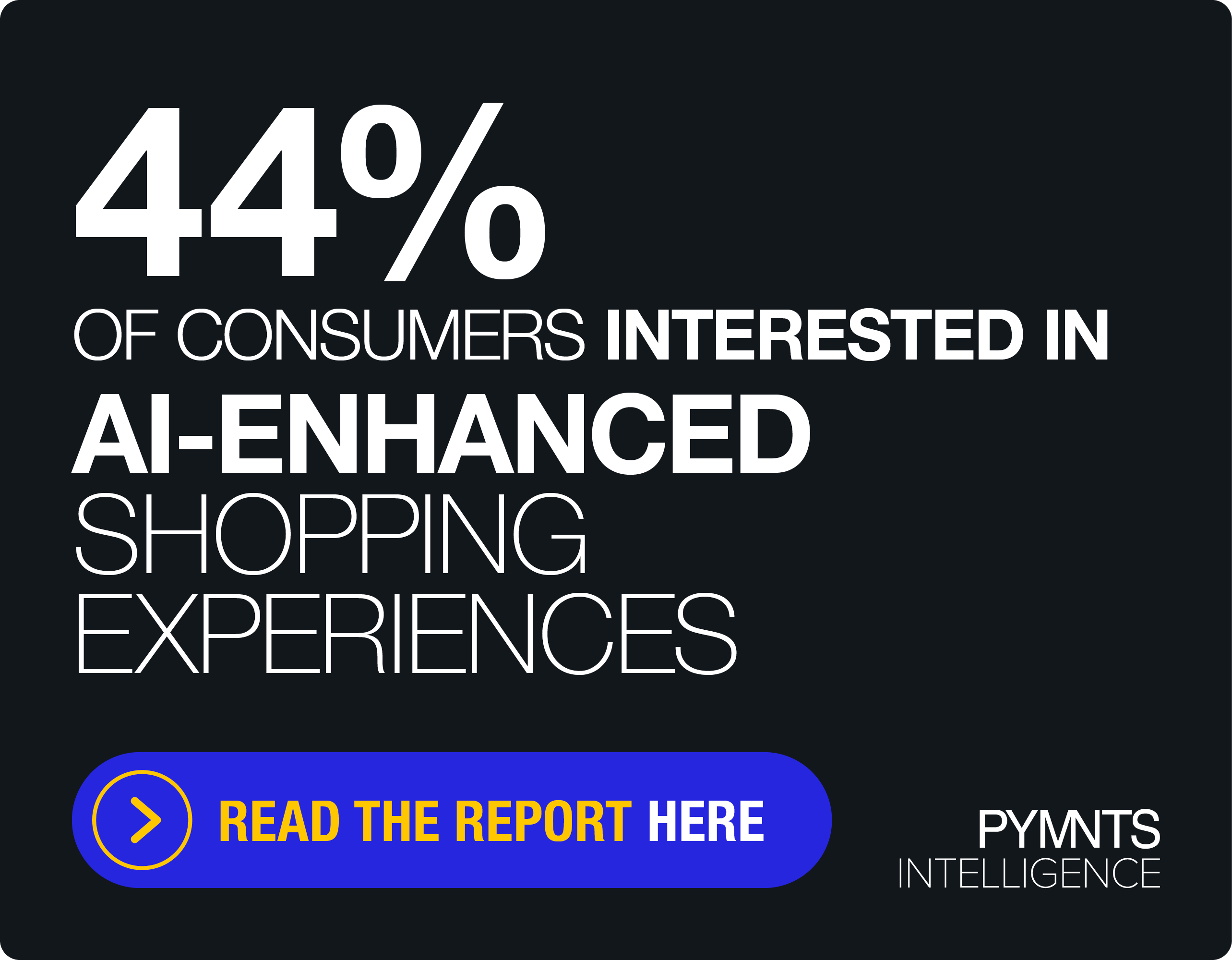Uber On FTC’s Radar Over Gopuff Deal As Drizly Probe Continues

Already under investigation over its acquisition of alcohol delivery service Drizly, Uber once again is on the radar of the Federal Trade Commission (FTC) for its partnership deal with delivery platform Gopuff, according to The Information, citing a document it reviewed and two sources.
The investigations are separate — however, the New York FTC branch is handling both probes since the markets involved work in the same space, per the sources and the document. At issue is whether Uber’s deals with Drizly and Gopuff could obstruct competition in the online sales and delivery of food, booze, and essentials.
See also: Uber Acquiring Booze Delivery Startup Drizly For $1.1 Billion
Uber already has in place a $1.1 billion acquisition deal for Drizly, dating to February. If the deal closes, Drizly would remain a standalone app, but could also be accessed on Uber Eats. Drizly is leading the competition in the on-demand alcohol delivery space and is available in 1,400 cities.
Founded in 2012 in Boston, Massachusetts, Drizly offers alcohol delivery from local shops within one hour. Drizly facilitates the orders and payments, but it’s up to the stores to supply delivery.
See also: Drinks.com CEO Says Uber-Drizly Deal Validates Growth Of Omnichannel Alcohol Sales
Gopuff’s deal with Uber isn’t a straight-up acquisition, but a partnership that would grant Uber Eats users automatic access to Gopuff. Moreover, Uber Pass and Eats Pass members can sidestep the delivery fee on all Gopuff orders over $15. The Gopuff deal with Uber had plans to launch in June in 95 U.S. cities.
Founded in 2013, Gopuff is backed by Softbank and has raised $3.4 billion in funding. It agreed to team up with Uber in May.
See also: Uber Eats Links With Gopuff For Convenience Store Delivery
The FTC’s scrutiny of the partnership arrangement between Uber and Gopuff is unusual in that there is no acquisition involved or financial backing. This move by the agency could be a foreshadowing of what’s to come in future FTC probes, per the article.
